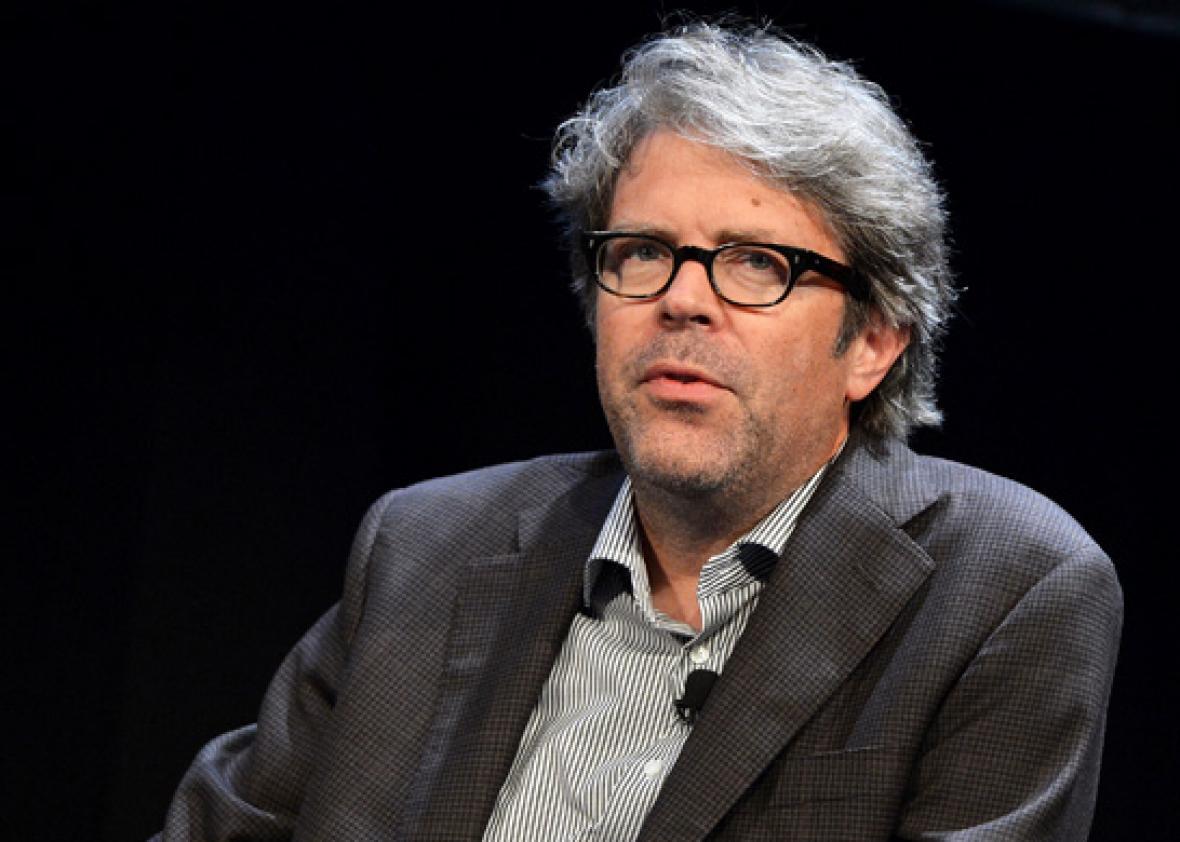This week, Tin House published a meaty essay by Claire Vaye Watkins about gender, reading, publishing, misogyny, motherhood, art, and—most of all—pandering. The 5,000 word piece—originally presented as a lecture at the 2015 Tin House Writers’ Workshop (where, a disclaimer informs us, it was “met with enthusiastic applause”)—ties together several threads. For one, how the sleepy and picturesque college town around Bucknell caters to rich students seeking a safe form of self-discovery. Also, how an email from a prominent literary editor exemplifies sexism in the writing world. How Watkins’ whiteness gives her assurances that writers of color don’t have, empowering her to more easily lay claim to the “writer” label. How she feels like her motherhood erodes her right to that label. How she wants us to respond: “Burn this motherfucking system to the ground and build something better.”
Above all, though, the piece is about Watkins, as a short story author, realizing that she was “pandering” to an imaginary audience of patriarchs. “I have been reenacting in my artmaking the undying pastime of my girlhood: watching boys, emulating them, trying to catch the attention of the ones who have no idea I exist,” she says. The confession keeps unfurling. She probes the wound again (“I have been writing to impress old white men”) and again (“It is Lee K. Abbot I hear in my mind”) and again (“The stunning truth is that I am asking, deep down, as I write, ‘What would Philip Roth think of this? What would Jonathan Franzen think of this?’”)
The essay struck a chord on social media. (It has also inspired some pushback from those who argue that literature already panders to white women.) Is anyone unfamiliar with the phenomenon of aping a voice or style in order to ingratiate yourself to a specific subset of humanity, whether it’s Internet wits, or academics, or serious people with New Yorker totebags? Who would deny that considering your audience is important, especially given the testimony of authors like George Saunders and Mary Karr, who’ve stated that the artist must “charm” above all else?
What is painful in Watkins’ piece is not her postlapsarian awareness of audience, her fall from so-called artistic purity. It’s that her reasons for courting white men rely on a limited definition of who exactly a “writer” is. White men don’t constitute the country’s most voracious readers—that’s black women. But Watkins isn’t trying to seduce actual readers; she’s assimilating to prove she belongs in a sexist canon (whereas white guys get more leeway to explore, which only makes them more likely to succeed).
“Countless decisions I’ve made about what to write and how to write it have been in acquiescence to the opinions of the white male literati,” Watkins explains. “Not only acquiescence but a beseeching, approval seeking, people pleasing.” To me, this powerful admission raises questions like: What decisions? What did you change? What did you think the white men wanted?
Dishearteningly, you can see a partial answer in Watkins’ work. Her first collection, Battleborn, centers on the inhospitable Nevada landscape.* It is all about survival, mythbusting, ghosts, guns, cowboys, and the pitiless earth and sky. “An American West of nuclear ash and dust,” declared one reviewer, “filled with coyotes and grizzles and towns illuminated by ‘streetlights the color of antibacterial soap.’” It is a world of anti-beauty. Here is Watkins:
Look, I said with my stories: I can write old men, I can write sex, I can write abortion. I can write hard, unflinching, unsentimental. I can write an old man getting a boner!
Is that what men want? Does some natural law confine Jonathan Franzen and Philip Roth to reading only sparsely-written stories about truck drivers having world-weary, twilit sex in dingy motel rooms? Do they never turn to Dickens or Flaubert? Among Watkins’ many achievements with this rich and unsettling essay is to demonstrate how limited our writerly conceptions of manhood still are.
*Correction, Nov. 25: This post originally stated that Watkins’ first collection focused on Arizona. The stories are set in Nevada.
